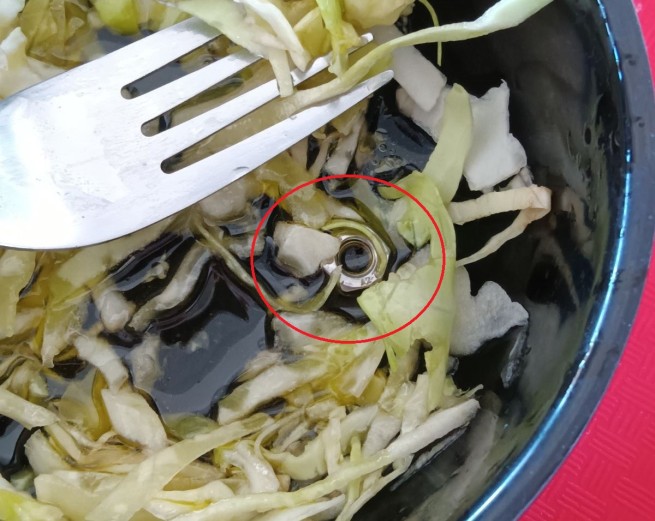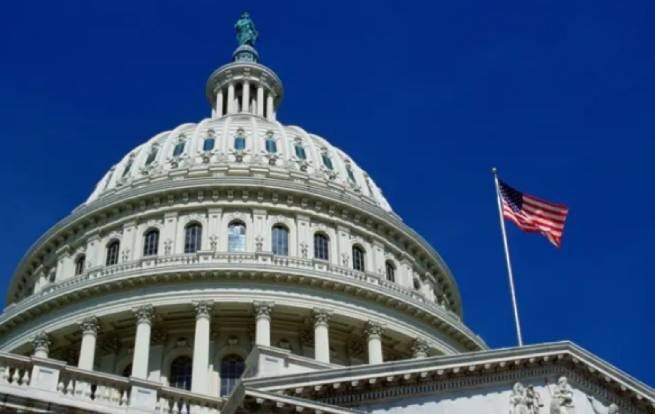IN USA outraged by India’s stance on Western (American) sanctions against Russia and Moscow’s support for New Delhi.
Among political scientists who are trying to understand the situation, the opinion is growing that it is mainly former colonies that are gathering around Russia, and those countries that were colonialists around the United States. Not surprisingly, India is much more likely to stand alongside Russia and, if it chooses between East or West, it will choose East.
There are many reasons: India lives in a geopolitical neighborhood with the East. It would by no means want to have superpowers like Russia and China on its borders as enemies.
Although there is a strong geopolitical rivalry with China, Moscow’s efforts, which will be dynamic, are being sought to overcome this problem. New Delhi knows that in partnership with China and Russia, there will be no power in the West that can resist it.
In fact, it will be “on the right side of history and geopolitics,” if we recall the recent statement by K. Mitsotakis when he wanted to justify sending weapons to Ukraine.
In particular, this alliance will include the most populous countries in the world, one of the largest conventional armed forces on the planet and the largest nuclear power.
What can be opposed to such a partnership?
From an economic standpoint, China’s output is more than convincing, and India’s size and population are too large to ignore. In addition, Russia’s plan to sell gas, oil and raw materials in rubles, rather than dollars and euros, will lead to a significant de-dollarization of the planet and has a chance to end the US ability to impose sanctions against anyone who is concerned about their threat, that is, destroy their planetary hegemony, which seems to no longer exist.
The US describes India’s stance on Russian sanctions as “deeply disappointing.”
The United States and Australia have criticized India for considering a Russian proposal that undermines sanctions imposed by the US and its allies, pointing to a deeper rift between new security partners when Foreign Minister Sergei Lavrov arrived in Delhi.
“Now is the time to stand on the right side of history, stand with the US and dozens of other countries, defending freedom, democracy and sovereignty together with the Ukrainian people, and not finance, feed and help their war.” She told reporters in Washington on Wednesday Secretary of Commerce Gina Raimondo. She called the agreement “deeply disappointing” adding that, however, not aware of their details.
Australian Commerce Minister Dan Tehan, who also spoke at the briefing, said it was important for democracies to work together, “to keep the rules-based approach we’ve had since World War II.”
The comments reflect growing dissatisfaction with India among other members of QUAD, a group of democracies seeking to harness China’s potential in the Asia-Pacific region, which also includes the US, Australia and Japan.
India is the world’s largest buyer of Russian weapons and is also looking to buy cheap oil as fuel prices rise.
While India supported calls for a ceasefire and a diplomatic solution, it abstained at the UN on draft resolutions condemning Russia’s intervention, which was eventually vetoed by Moscow.
Bloomberg reported Wednesday that India is considering a plan to make rupee and ruble payments using an alternative to SWIFT after the United States and the European Union cut off seven Russian banks from using the Belgian-based cross-border payment system operator.
The Russian plan includes payments in rupees and rubles using the national messaging system SPFS, and central bank representatives from Moscow are likely to arrive next week to discuss the details. No final decision has been made.
India’s mediation of the war has been left to a series of diplomatic efforts in recent weeks, with China’s foreign minister visiting the country for the first time since 2019, and now Lavrov is trying to support him. At the same time, the US and its allies are also stepping up their efforts to influence the government of Prime Minister Narendra Modi.
Japanese Prime Minister Fumio Kishida visited Delhi earlier this month, and Australian Prime Minister Scott Morrison also videotaped the summit with Monty.
On Wednesday, Foreign Minister Anthony Blinken contacted his counterpart Subrahmaniam Jaisankar to discuss, among other things, the “deteriorating humanitarian situation in Ukraine.”
During Lavrov’s visit, US Deputy National Security Adviser for International Economic Affairs Duleep Singh and US Secretary of State Liz Thrus also arrived in India. Her office stated what “will highlight the importance of all countries reducing their strategic dependence on Russia at this time of heightened global instability.”
India has dismissed US concerns, saying it needs Russian weapons to fight China, especially after the 2020 border clashes, and that alternatives are very expensive.
The strategic relationship between India and Russia dates back to the Cold War and remains strong, although in recent years modi increasingly shifts the country towards the United States.






More Stories
A Russian died in the cabin of an Aeroflot Airbus A330
In an unequal fight with a cockroach, a Japanese… blew up his own house
A man with a grenade entered the Iranian consulate in Paris